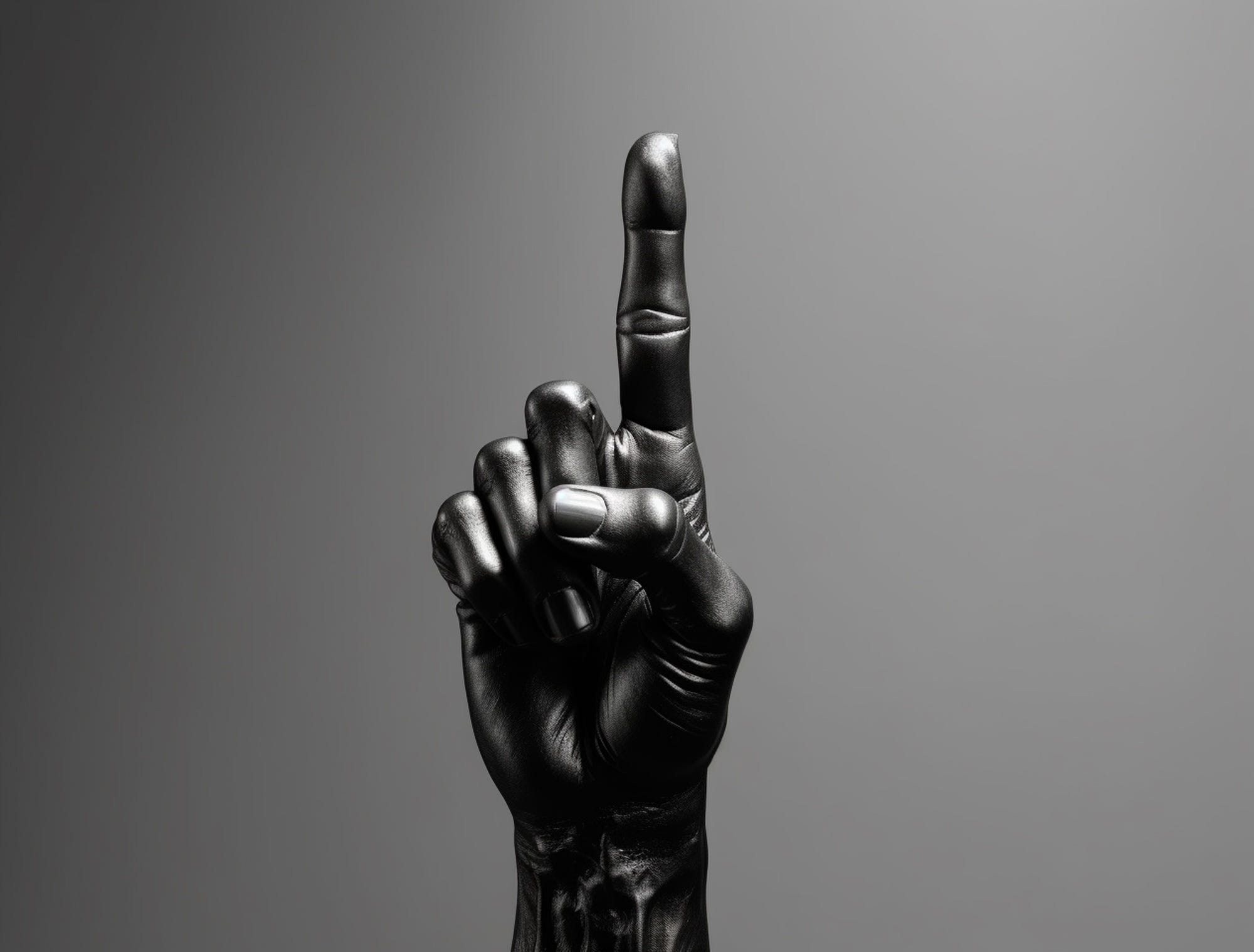Why Really Successful People Say No To Almost Everything
The Scarcity Mindset Holding You Back From True Success

I Was Sprinting From Meeting to Meeting, Barely Keeping Up
I was halfway across the lobby, dodging clusters of people like a running back.
I’d have just enough time to chug some coffee and fire up my laptop before….
But..
Wait, why was I even doing this?
This relentless churn of back-to-back meetings, Slack notifications, and a never-ending to-do list — it was all wrong. I’d become a hostage to other people’s priorities, a robot mindlessly checking boxes.
Was this the key to success? If so, I didn’t want it anymore.
If you find this content valuable, please consider subscribing to our newsletter. You’ll receive more insights like this directly in your inbox for free. You can also support me by buying me a coffee
The Scarcity Mindset: Yes is the Default
Have you ever noticed how easily we say yes? We nod along in meetings, volunteer for new projects, and blindly accept calendar invites — all to keep the good times rolling.
But what if I told you that consistently saying “yes” is the antithesis of success?
You see when you’re starting, every opportunity feels like a golden ticket. You accordingly chase every lead, desperate to prove yourself in a cruel, competitive world. It stems from a scarcity mindset — the irrational fear that this could be your one big break, and you’d be doomed to fail if you let it slip by.
But eventually, you hit an inflection point where your reputation is solidified and you actually have leverage to be selective. This is where most of us get it twisted.
Success isn’t the culmination — it’s the beginning of a whole new challenge. Those who keep mindlessly saying yes, get swallowed by opportunistic time bandits.
To thrive at the highest levels, you must:
Master the ability to filter — separate the critical few priorities from the interrupting many.
Obsessively protect your time — the most elite leverage their scarcity to maximize impact.
Politely say “no” more often — the path of least resistance leads to mediocrity.
A New Framework: Yes or No
Over the years, I’ve tweaked and pressure-tested various decision models. But none is more effective than the “Hell Yes” Policy first espoused by Derek Sivers:
“If you’re not saying ‘Hell Yeah!’ about something, say ‘no.’”
For any commitment — be it taking on a new client, joining a board, agreeing to a partnership, hiring a vendor, or attending a conference — the default response should be no. Only say yes if you’re absolutely inexplicably thrilled and excited to do it.
By treating your time with such preciousness, you’re forced to deeply examine each opportunity through an uncompromising “Hell Yes” filter. Any lingering “nos” instantly disqualify it from consuming your limited reserves.
It seems so simple, yet radically reframes how you make decisions. Because: Saying no is really hard. We’re socially conditioned to please others and not let people down. It feels rude, ungrateful, and risky to turn down potential wins.
But in reality, the transient sting of saying no is a small price to pay compared to the long-term costs of saying yes:
Burnout & Fatigue: You deplete physical and mental energy on too many fronts.
Mediocre Work: Stretched thin, your work quality and creativity suffer.
Strained Relationships: Loved ones feel neglected as you scramble to keep up.
Compounding Overwhelm: New commitments pile onto your overstuffed plate.
To escape this trap, toughen up and get comfortable with “no.”
Using the Graceful “No”
That day in the lobby was my wake-up call. I started ruthlessly cutting anything not directly aligned with my topmost goals and values. But it took time and intentionality to develop a guilt-free “no” reflex.
You can politely turn things down without burning bridges or feeling like a jerk:
“No, but…”
Reject the opportunity, but appreciate the person and compliment the initiative:
“No, but I’m really flattered you considered me for this role. Your new product looks incredibly promising!”
“Not now, but…”
Leave the door cracked open for the future if it’s something you may eventually want to do:
“Not now, but I’d definitely be open to this once we hit our Q3 milestones. Feel free to check back with me then.”
“No, because…”
Give your rationale to avoid confusion or fallout. This educates others on your decision drivers:
“No, because my consulting practice is focused exclusively on enterprise software right now. But good luck with your ecommerce pivot!”
“How about this instead…”
Explore alternatives more aligned with your bandwidth and priorities:
“How about I send you some detailed notes instead of joining that panel? That way I can share my perspective without the time commitment.”
When an ask truly isn’t a fit, ghost politeness. Just decline directly:
“Thanks for thinking of me, but I’m going to pass on this opportunity.”
You don’t have to overthink it! A simple “no” (without the elaboration) is perfectly acceptable.
You’ll get more comfortable pushing back and doing so gracefully. Just remember, people respect it when you respectfully honor your own boundaries.
Taking Back Your Time
Time is your most precious currency. Every minute invested in someone else’s “Heck Yeah” comes at the expense of your life’s work — the projects that light you up.
By ruthlessly filtering opportunities and getting comfortable with “no”, you’re finally able to devote quality hours to your highest-leverage activities. Creativity, strategic thinking, and deep work become possible again.
The paradox is that saying no creates new openings.
In business and life, success accrues to those who effectively invest their limited time. Start saying no today to anything that isn’t a coveted “Hell Yes”. You’ll gain precious breathing room to double down on your biggest wins.
It might feel scary at first, but trust me — the return on your protected time investment will be transformational.
Thanks for your time, really appreciated :)




